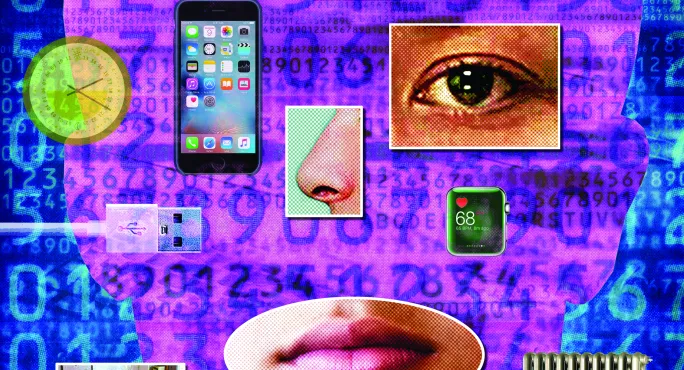
- Home
- ‘We need to know if this giant edtech experiment works’
‘We need to know if this giant edtech experiment works’

The economist Tim Harford made an interesting point recently when discussing the inconsistency and complexity of the data with which epidemiologists are modelling the Covid-19 outbreak. He said: “The epidemiologists are doing their best, but they are not omniscient. They need facts with which to work. Gathering those facts systematically is one of many urgent tasks ahead of us.”
I see a similar need for facts, data and evidence to demonstrate the value - or not - of the unprecedented way in which technology is being used to support teaching and learning during the school lockdown. We have never had an opportunity before for such a widescale experiment, so it is essential that we use it to generate evidence about the impact and effectiveness of technology at this difficult time.
Many companies are offering their technology products and services for free at this time, which is laudable - though I have some concerns about how the big tech companies will collect data and how it will be used in future. But, regardless, the free technology is enabling many more people to try it, so it makes sense to understand how it has played a role in the learning process.
Coronavirus: Using edtech after school closures
Firstly, technology companies need to be crystal clear about exactly what educational need they are addressing and what change they intend to take place as a result of their product or service being used.
They need to tell you what change they are hoping to see, what assumptions they are making about the way the tech will be used, by whom, in what context and in what way. They also need to specify clearly exactly what their service provides in order to bring about the changes they have identified.
Of course, the circumstances in which schools are operating are extremely challenging but I would ask you to try to be open to approaches from a company asking you to help it to collect data - provided that you feel you have the time to engage with it and that its expectations are ethical and respect GDPR and privacy requirements. Working with developers is a great way to influence the future development of their edtech, too.
Even if you don’t collaborate with a technology company, you can do a great deal to generate useful data and evidence about the success of your use of technology. For example, you might be using some software to help your students better understand how to solve quadratic equations graphically. You need to make explicit any assumptions about how students will be using the software, for how long, when in the day, and whether they are working alone or with someone else, for example. This is, of course, much harder in the current Covid-19 conditions, when you are not actually in the same room with your students, but think about how you might check these assumptions.
You also need to be clear about what change your use of technology is to achieve. If this is better use of a graphing application to improve the accuracy of their problem-solving, then you need to find a way of measuring that improvement and collecting data about that measurement. I urge caution here because it is easy to assume that the technology itself has led to the improvement.
Consider this scenario: a student takes a quiz at the start of their technology session, then completes some activities using the technology before taking another quiz. Their score improves. Does this mean that they have improved in their ability to solve quadratic equations graphically? It may do, but in order to be sure you need other data sources to measure improvement that do not necessarily involve the same technology. This might be through standard assessments, through recording improvements in their performance when not using the technology, or it could be that in conversation it becomes clear that they understand more and are better able to explain to you or one of their peers how they go about solving problems.
It would be wonderful if you could think about the opportunities you have or that you can create to find out if an apparent improvement is one that can be demonstrated beyond the specific activities offered by the technology.
Don’t feel alone as you are trying to collect data - share what you are doing with colleagues and with parents and with students. See if they can help you to identify the data that you need and if they can help you to gather it. We are in unchartered waters and trying to carry on in what is an extremely stressful situation.
Everyone is anxious, but let’s try to derive something positive from this unique experiment. It will help us to learn much about the future of educational technology developments - and to shape the future of our education systems.
Rose Luckin is professor of learner-centred design at UCL Knowledge Lab, and founding director of the global edtech accelerator EDUCATE
Register with Tes and you can read five free articles every month, plus you'll have access to our range of award-winning newsletters.
Keep reading for just £4.90 per month
You've reached your limit of free articles this month. Subscribe for £4.90 per month for three months and get:
- Unlimited access to all Tes magazine content
- Exclusive subscriber-only stories
- Award-winning email newsletters
You've reached your limit of free articles this month. Subscribe for £4.90 per month for three months and get:
- Unlimited access to all Tes magazine content
- Exclusive subscriber-only stories
- Award-winning email newsletters



